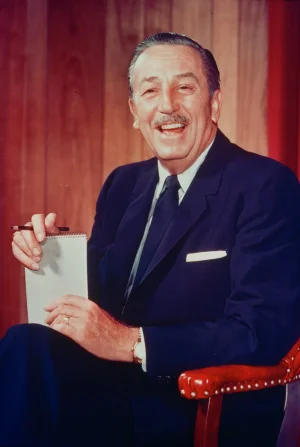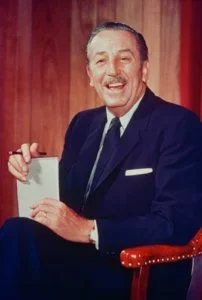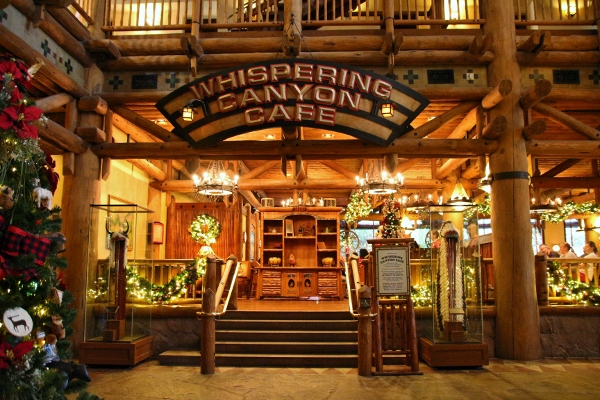Rowan Tree
Community Member
Hi all, so... I'm thinking of writing a utopia (think fully automated luxury communism) in which Walt Disney awakes from a cryogenic chamber into the future, utopian world, Walt in Utopia. I realise the frozen at death story is completely apocryphal in the most untrue of all untrue senses, but I think it would be a fun premise to mix classic utopian themes with Americana retrofuturism and explore things like Disney's McCarthyism and more regressive ideas in contrast with his fondness for the stories he promoted about overcoming circumstances, hero's quests, etc. I'm starting my research with an extensive and authorised biography of the man, but, does anyone here have opinions about his likely mbti type?




